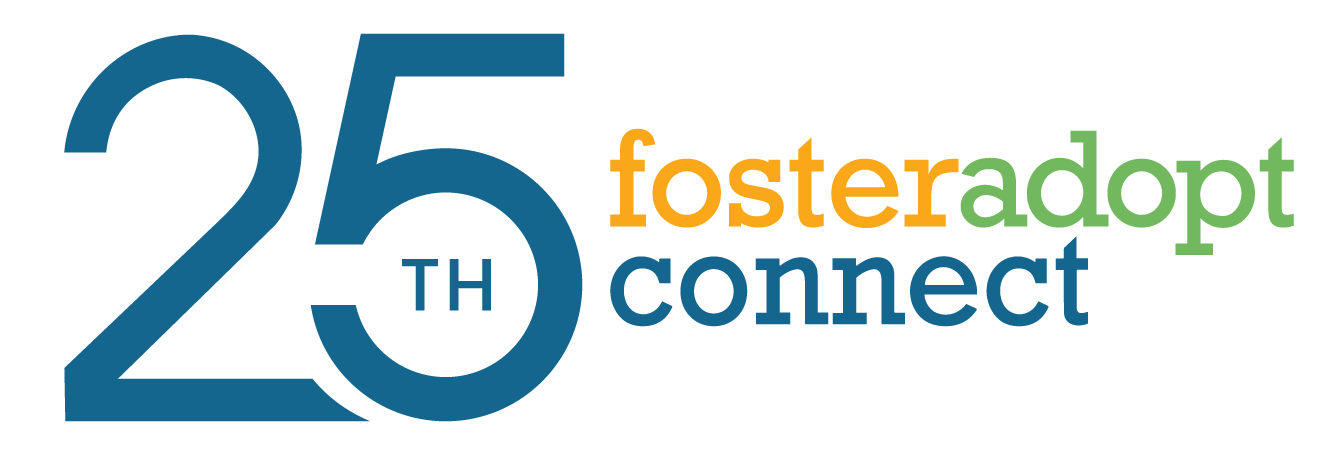Taking on the responsibilities of adulthood is never easy, and for former foster youth without any family supports to rely on, it can be nearly impossible. Young adults who have aged out of foster care not only lose out on experiencing a stable, loving home, but they also miss out on cultivating the skills and resources needed to thrive in adulthood.
More than 23,000 kids age out of the child welfare system each year. Of those foster care alumni, on average, 42% will be convicted of a crime, 20% will be instantly homeless, and just 50% will be gainfully employed by age 24.
FosterAdopt Connect developed our Community Connections YouThrive (CCYT) to help older foster youth navigate the struggles of being thrust into adulthood. The program tackles eight areas of need: Housing, Employment, Legal Advocacy, Education, Finances, Transportation, Physical & Mental Health, and Social & Community Resources. While all eight are important, housing is arguably the most crucial in regards to safety and well-being.
“Our CCYT clients are almost entirely in their early twenties. Oftentimes they do not have a great credit score or rental history,” says Jennifer Townsend, Vice President of Children and Youth Programs. “That makes it particularly difficult to find landlords or property management agencies willing to rent to them.”
CCYT participants work with case managers, all of whom are foster care alumni themselves, to set goals for self-sufficiency and determine strategies to attain those goals. Whether they need help obtaining a driver’s license, putting together a resume, or settling legal matters, we lay out a plan to help get them there. Participants must check in with their case managers at least weekly and meet face-to-face at least monthly to evaluate their progress.
Case managers first address immediate crises, such as shelter and food insecurity, medical emergencies, and unemployment, and ensure eligible participants are enrolled in Medicaid and managed care, including mental health services. Once urgent issues have been resolved, case managers help participants overcome obstacles related to finances, education, and transportation.
A recent grant awarded to CCYT will help youth of transitional age pay for their education, which often is not covered by funding. These education opportunities can include college as well as skills-training programs, such as trade schools, cosmetology, welding, and coding.
“Education can be so far down the list of priorities, but it can be a huge help in mitigating future crises,” says Townsend. “We have to work with participants on prioritizing their education so that they can improve their job situation and finances.”
For one young woman, college – which had once seemed like a distant dream – became a reality through hard work and the guidance of her CCYT case manager. Read her story on our blog.
CCYT has produced favorable results, with 80% of clients increasing their adult functioning score by at least one point. Your support plays an important role in our ability to guide former foster youth toward independence and stability in adulthood – thank you!

